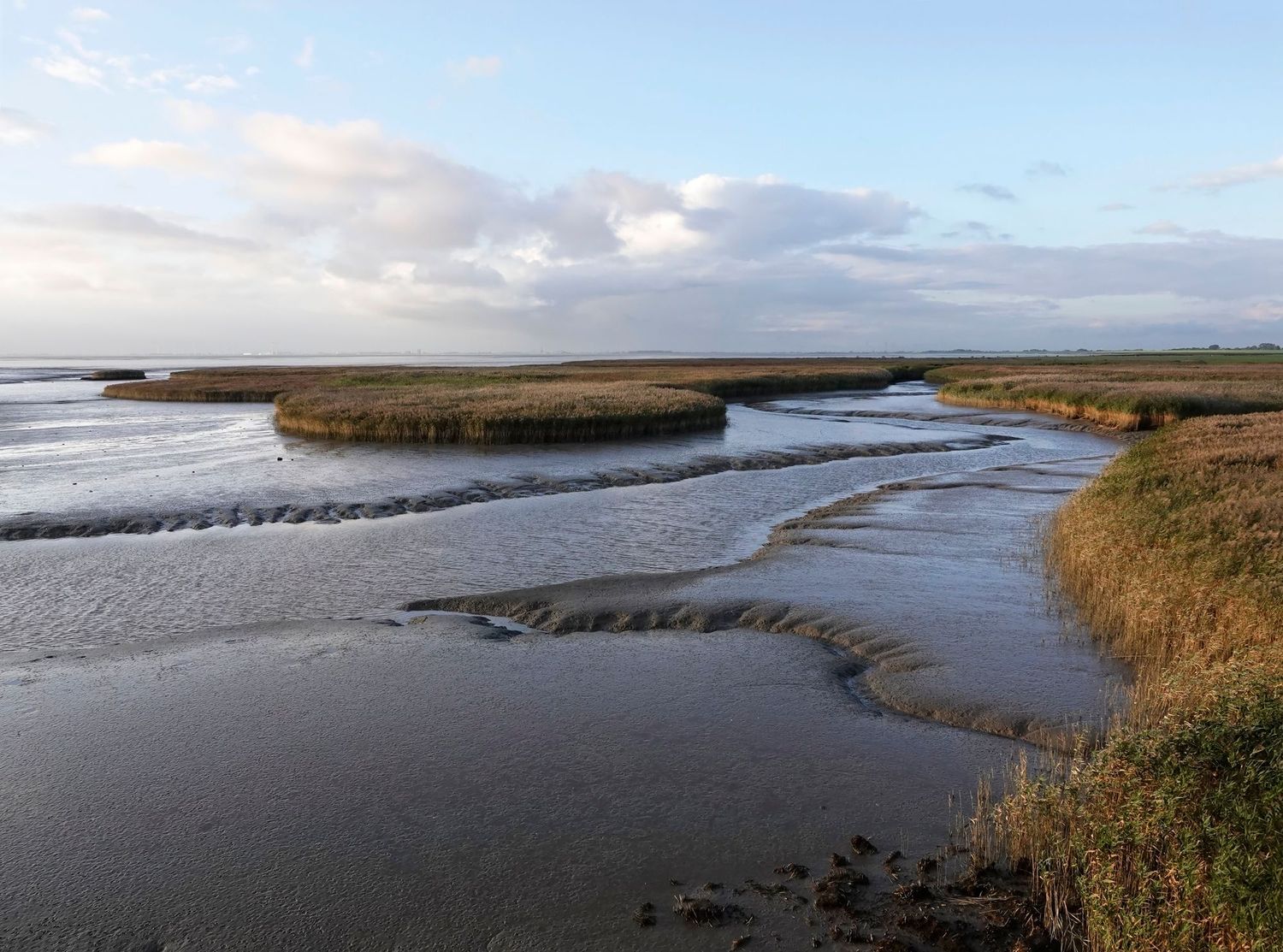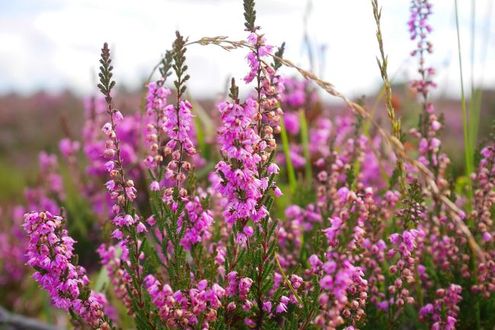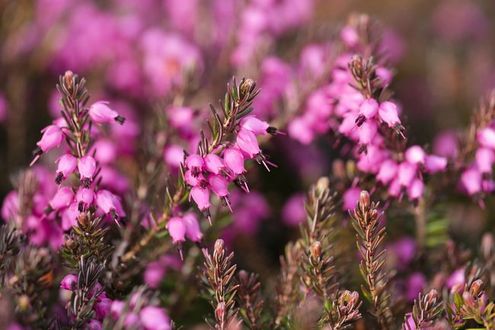In this update we continue to keep you informed of developments with the proposed EU Nature Restoration Law (NRL). Last week, we heard that the Environment Committee of the European Parliament has voted firmly in favour of the NRL. This is welcome news and opens the way for the NRL's prospective endorsement by the Council, although it must still negotiate a full meeting of the European Parliament in January.
The passing of the NRL is essential if we are to begin the restoration of our natural ecosystems. For all of us working in the field of environment and conservation, and for very many people generally, it is saddening to see the loss of so much biodiversity and natural heritage within our own lifetimes. Recent severe storms, flooding, drought and forest fires, demonstrate that the compounding threat of climate change is becoming a yet more tangible prospect to everyone. The prospects for the NRL now look more promising, but in an unstable world there remains the possibility of nature being sidelined by events. Indeed, to get this far, several provisions have been admitted into the text of the NRL which could undermine its application in practice by Member States.
We can feel helpless in the face of biodiversity loss, climate change and national politicking. However, with WaterLANDS, we are demonstrating how large-scale restoration can increase the resilience of wetlands and their biodiversity. Our Green Cluster partners MERLIN, Rest-Coast and SUPERB are doing the same for rivers, coasts and forests. Negotiations over the NRL reveal that there is still much misconception, fuelled by blatant lobbying, over the effect of restoration on agriculture, commercial forestry or fisheries. There is still the challenge for each of our projects to communicate our co-dependence on natural ecosystems and the positive contribution that their restoration will make to productivity, crop health and resilience, climate risk mitigation and fish stocks.


